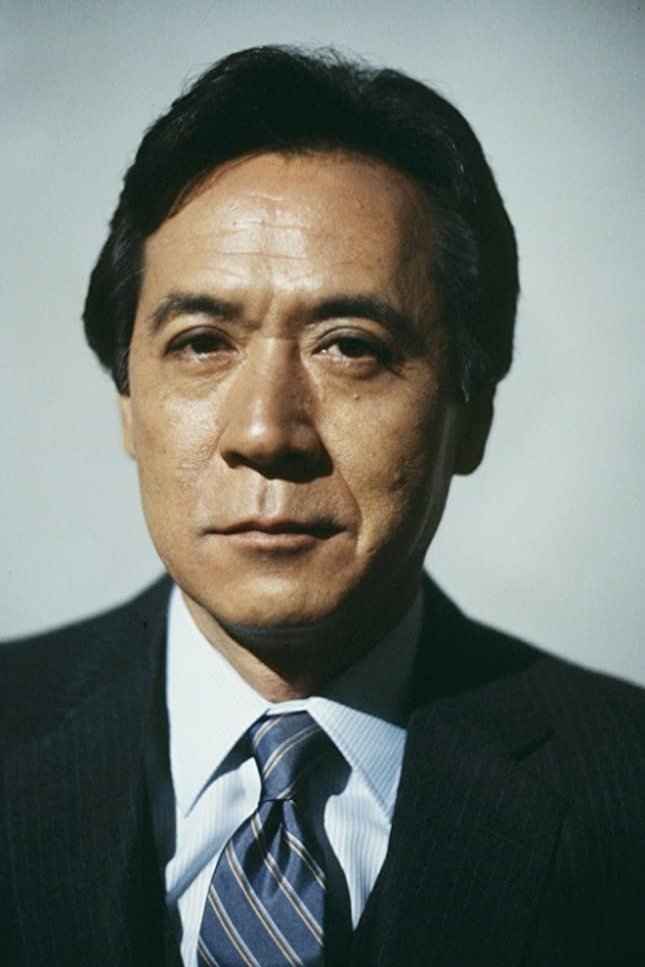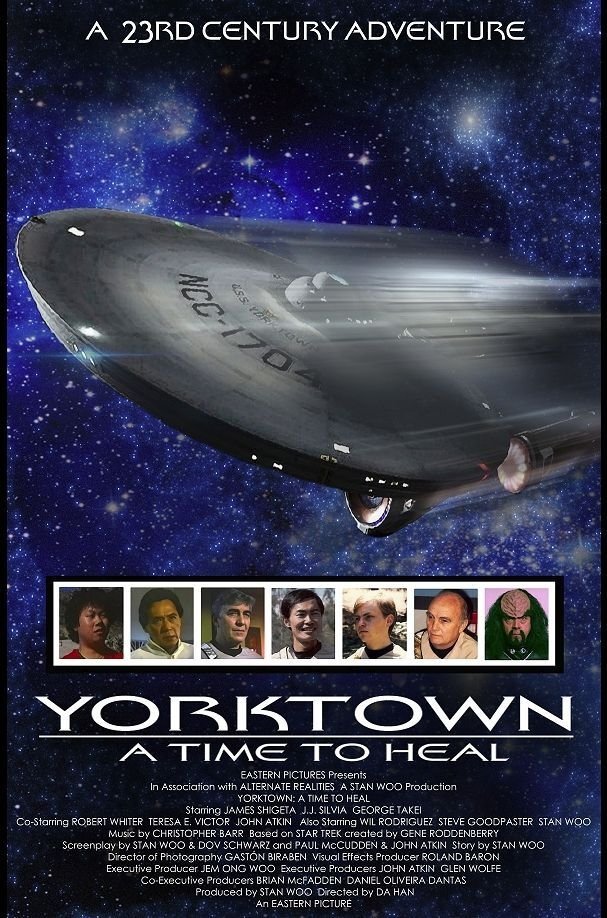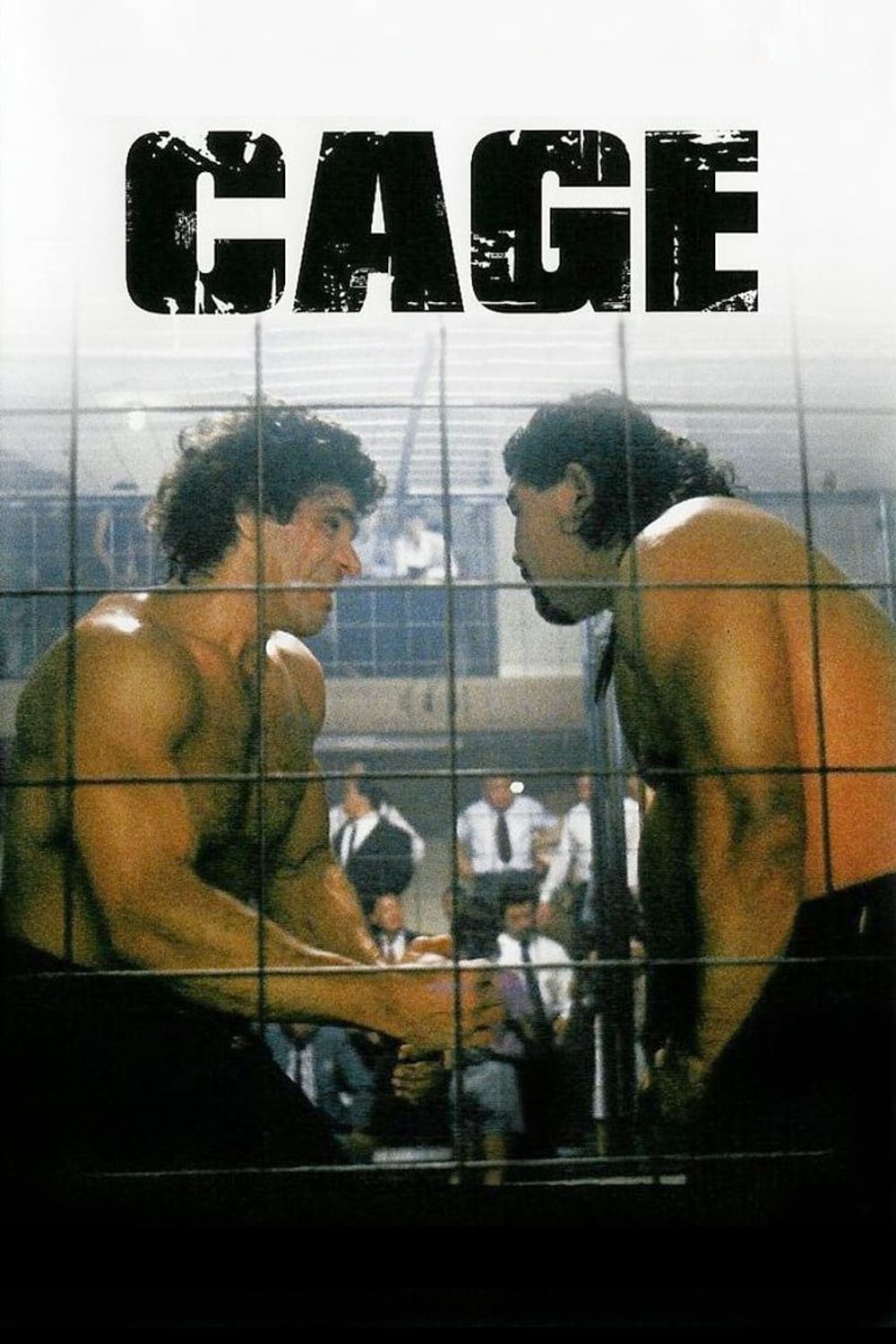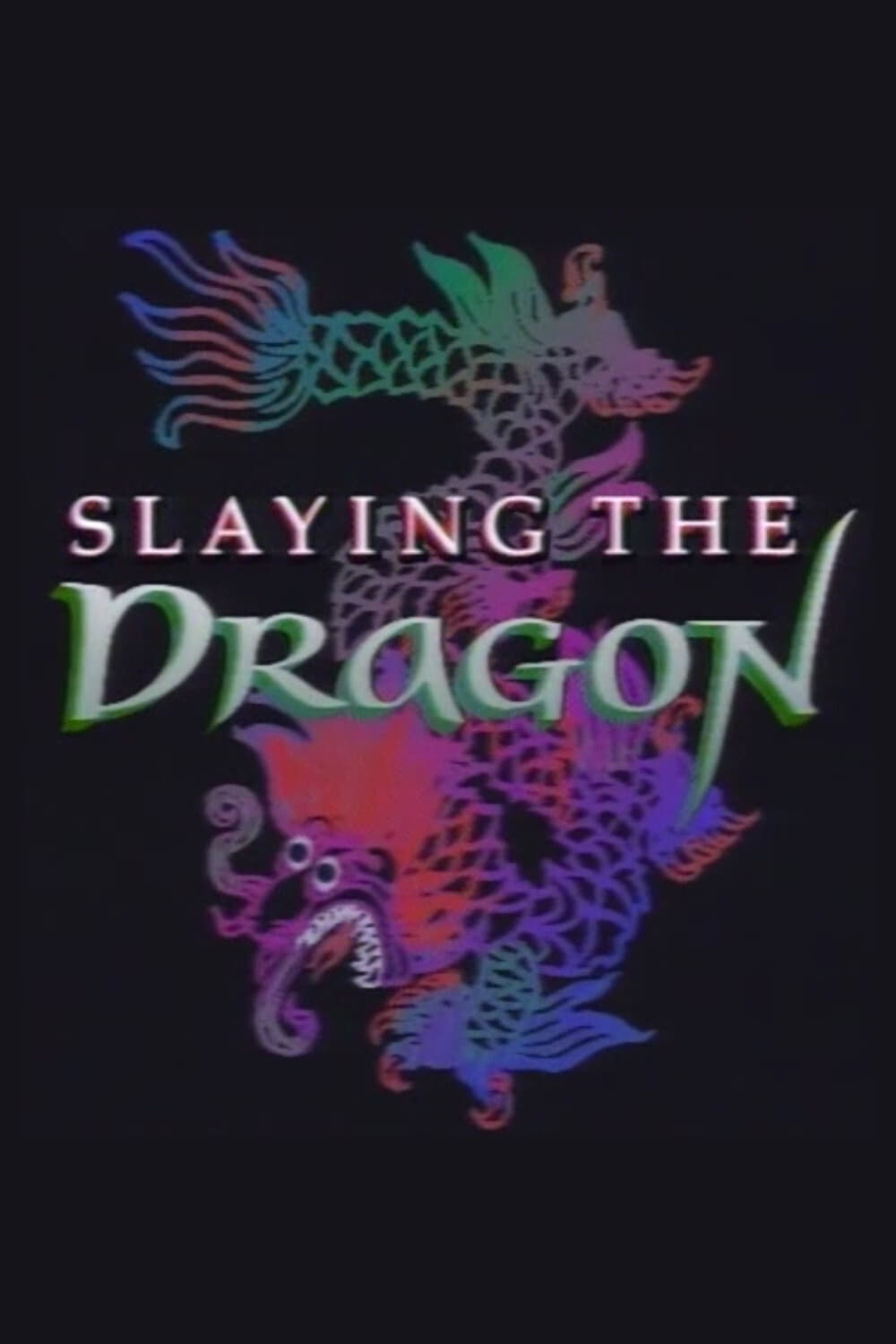

Having escaped capture by the Klingons, a damaged Starfleet reconnaissance probe crashes undetected on the planet Pahl III. Hikaru Sulu, serving as first officer on the retrofitted USS Yorktown, is sent by Admiral Nogura on a secret mission to help locate the missing spy drone.

A history of anti-Asian racism and yellowface in Hollywood after the 1941 Pearl Harbor attack.

A GI in Vietnam saves his buddy's life, but in the process is shot in the head. The injury results in brain damage to the point where he basically has a child's brain in a (very large) man's body. When they get out of the army the two open up a bar together, but some local gangsters make things tough for them after they refuse to take part in brutal "cage" matches where fighters battle to the point of serious injury and/or death.

A highly critical documentary about the history of Asian-American actresses in Hollywood. Features interviews with pioneering Asian-American actresses and clips from classic films such as "The Thief of Bagdad", "The Good Earth", and "The World of Suzie Wong", interspersed with Asian/feminist sociological commentary.
James Saburo Shigeta (June 17, 1929 – July 28, 2014) was an American actor, singer, and musician of Japanese descent. He was noted for his roles in The Crimson Kimono (1959), Walk Like a Dragon (1960), Flower Drum Song (1961), Bridge to the Sun (1961), Die Hard (1988), and Mulan (1998). In 1960, he won the Golden Globe Award for Most Promising Newcomer – Male, along with three other actors. In his early career, Shigeta often played romantic male lead roles, which were almost nonexistent for an actor of Asian descent during his time, making him a trailblazer in Asian American representation in media. The Goldsea Asian-American Daily magazine listed him as one of the "Most Inspiring Asian-Americans Of All Time". Before his Hollywood career he found success as a pop singer and performer abroad, especially in Japan and Australia.
By browsing this website, you accept our cookies policy.